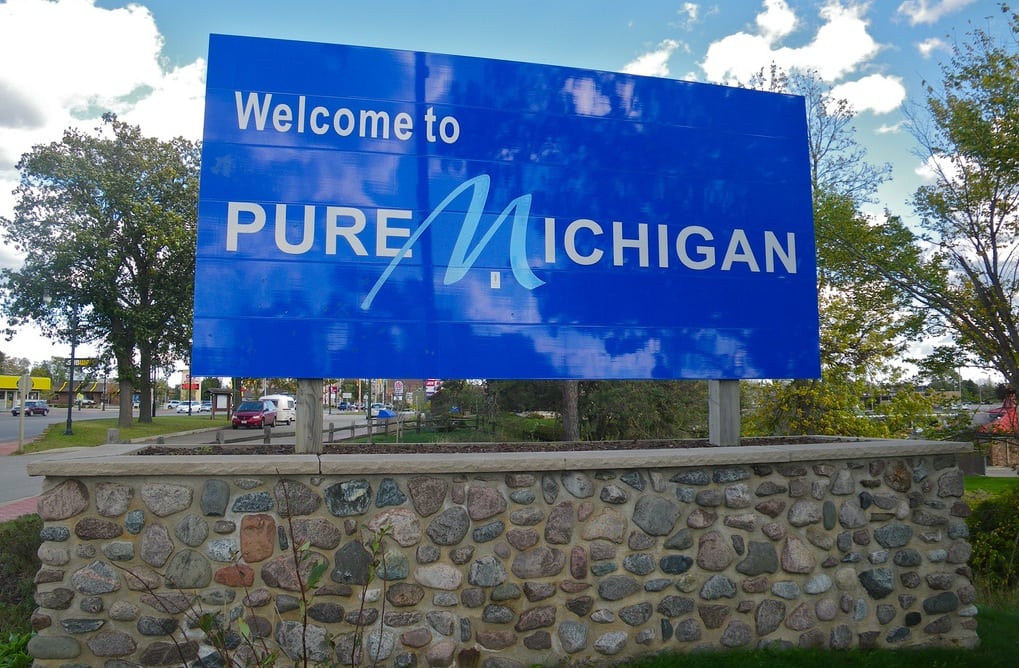"Pure Michigan" tourism logo used for politically charged anti-labor campaign

Skift Take
Government-sanctioned tourism boards strive to avoid politics at all costs, but Travel Michigan has been dragged into a controversy by the state's ill-conceived campaign to attract union-hating businesses. In Michigan, with all its labor history, of all states.
Tourism executives at Travel Michigan knew their bosses at the Michigan Economic Development Corporation were going to use the "Pure Michigan" tourism logo in a newspaper advertisement Tuesday touting the state's new right-to-work law.
But there was nothing they could say or do.
"I knew they were working on some ads based on business climate, including right-to-work," George Zimmermann, vice president of Travel Michigan, said today in a phone interview. Because the state had already appropriated the tourism logo for
